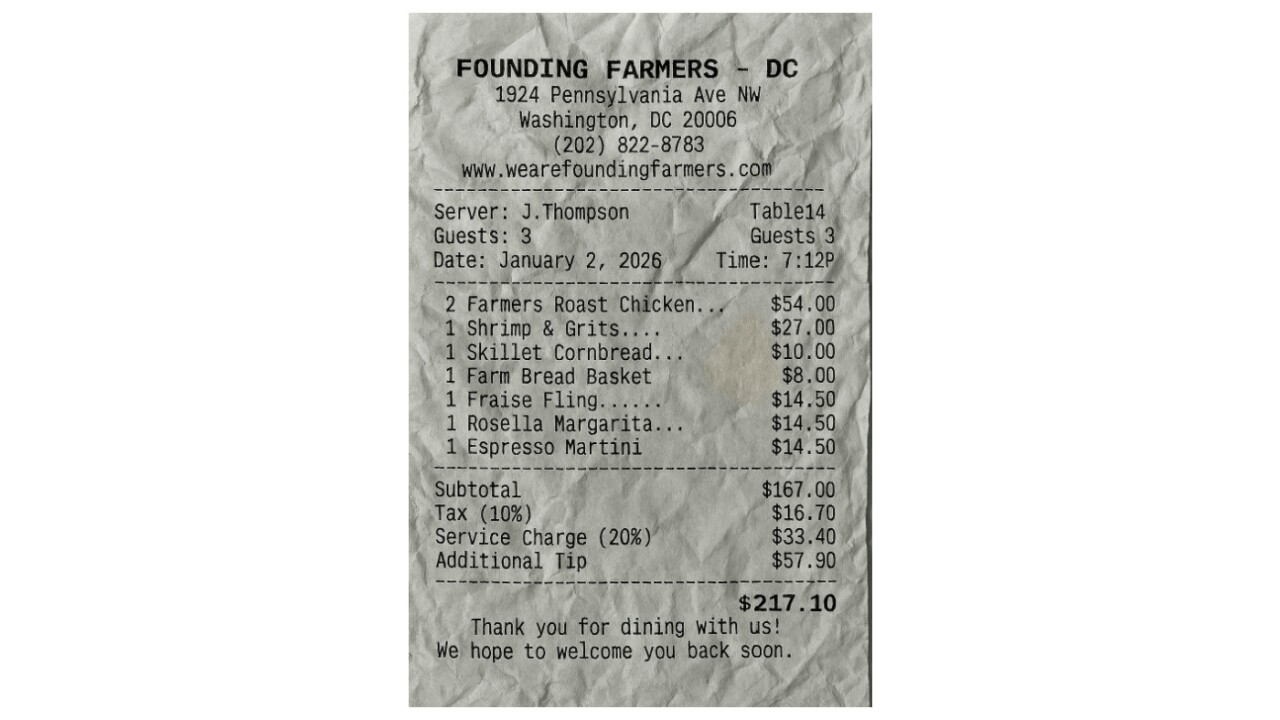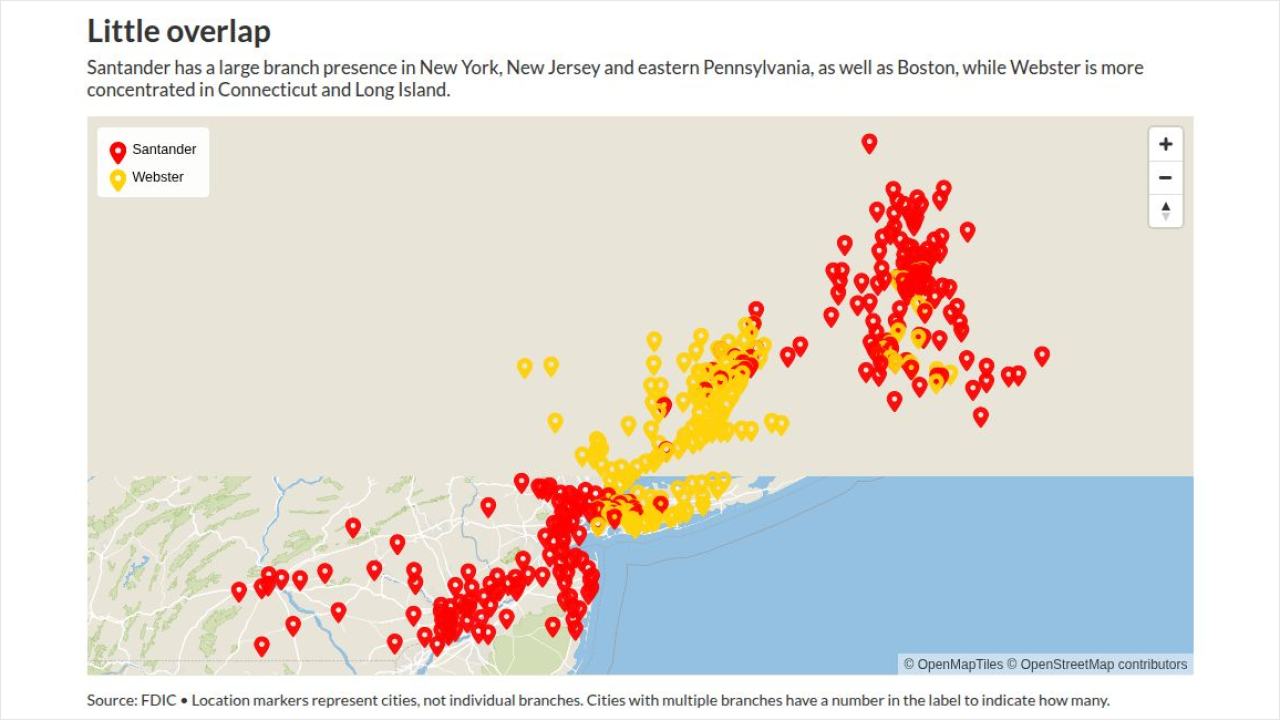Receiving Wide Coverage ...
Fed Personnel: Bankers applauded President Obama's nomination of former Bank of Hawaii CEO Allan Landon to the Federal Reserve's Board of Governors. Former American Bankers Association CEO Edward Yingling said Landon's nomination has an "excellent" chance to be confirmed by the Senate, because a large number of lawmakers support having a community banker on the Fed board. Republicans, although they now control the Senate and would normally be hostile to an Obama nominee, may be thinking that Landon would not be a problematic nominee and thus would get behind his nomination, Yingling told the Journal. The Journal pointed out in a separate article that Landon in 2005 was removed from the board of the Federal Home Loan Bank of Seattle. The FHLBank at the time said there was no wrongdoing, but there was an appearance of impropriety after th Bank of Hawaii and Washington Federal redeemed about $25 million of FHLB stock. The FT pointed out that Landon has other ties to community banks, in addition to his previous stint at Bank of Hawaii. For one, he's on the board of MidFirst Bank in Oklahoma City. Another is that Landon is a partner in a firm that invests in community banks, Community BanCapital in Portland, Ore. The NYT makes the important observation that Landon's views on how the Fed should manage the economy are not yet known. Also on Tuesday, the Fed board promoted a staff economist, Thomas Laubach, to the position of director of the division of monetary affairs. Laubach could end up having more influence than Landon, the Journal said. The monetary affairs director has a hand in the preparations in advance of Fed policy meetings, among other roles giving the position added influence and weight.
Processing Content
Wall Street Journal
The Journal takes a closer look at the puzzling situation at Morgan Stanley, in which a wealth-management advisor admitted to accessing customer-account data that he wasn't supposed to access, but denied putting the data up for sale, notwithstanding the fact that someone put the data online for sale. The key to solving the puzzle may be left up the courts: Whoever posted the Morgan Stanley account information online left an online record of his or her IP address on the Pastebin site. But Pastebin isn't required to release the IP address unless a court forces it to do so. Even that method could have problems, a Pastebin official told the Journal: the IP address could be traced to a proxy service that's used to hide the real poster's identity.
The "Heard on the Street" column throws a bucket of ice-cold water on the hopes of investors in bank stocks. Banks are hoping, of course, for a rise in interest rates, to help lift net interest margins. While short-term rates have started to rise, the yields on long-term rates have been falling, and the pace of the decline has gotten faster, as central banks in other nations look to ease up even more on rates.
Mt. Gox Redux?: Bitstamp, which is based in Slovenia and is one of the largest online bitcoin exchanges, suspended its service after about 19,000 bitcoins were lost (equal to about $5.1 million). Bitstamp said its systems were breached and some of its "operational wallets" were compromised. To try to address concerns that Bitstamp might follow in the footsteps of the failed Mt. Gox. Bitstamp released a statement on its site that said the breach affected only a small percentage of its total bitcoin reserves. Some in the Bitcoin community spoke out in defense of Bitstamp. A founder of the Bitcoin Investment Trust said that Bitstamp is a well-managed company. And Gil Luria, an analyst at Wedbush in Los Angeles, said Bitstamp "has become a key part of the Bitcoin ecosystem as one of the most trusted and liquid exchanges." Luria also said that the breach showed the need for a regulated Bitcoin trading market. Other Bitcoin-related companies, including Circle Internet Financial, released their own statements verifying the safety of their own networks.





